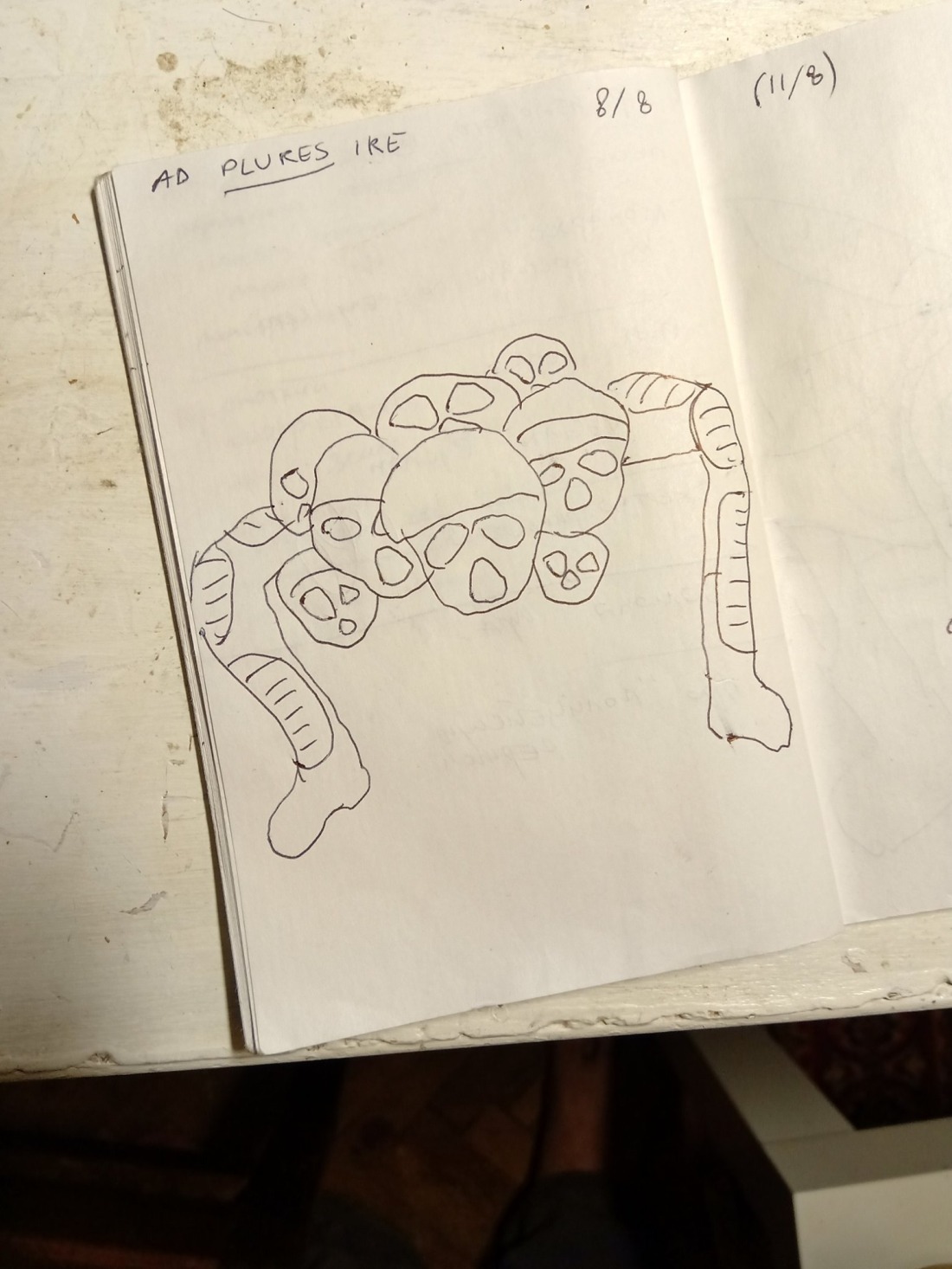
Max Stropov
Facebook
September 3, 2019
The trials in the so-called Moscow case, in which protesters have been charged with violence against “law enforcement officers” and sentenced to hard time in prison for touching policemen or Russian National Guardsmen, are yet another vivid illustration that violence is not even remotely the issue. The case more resembles lèse-majesté, “doing wrong to majesty,” a modern form of the crime of offending the dignity of sacred authority.
One of the most immediate and common incarnations of this power in the Russian Federation is the Cop’s Body, which has been endowed with more and more mana and has become increasingly taboo. Since the center of power is a void, the ring surrounding the center, the annulus, the sphincter—which, in fact, is the Cop’s Body—has increasingly gained weight. (The numbers of policemen and other “law enforcement officers” in the Russian Federation have been multiplying.)
The Cop’s Body is impersonal, non-individual, and plural. When they are cracking down on demonstrations, law enforcement’s so-called foot soldiers behave like a herd of animals or a swarm of insects. Their faces are concealed. As Putin’s press secretary Dmitry Peskov has argued, they are not citizens.
“In the line of duty,” when “enforcing the law,” their body is transformed into the law’s body. We could also argue, on the contrary, that the law itself is abstract. It means nothing. It acquires reality and efficacy only in the Cop’s Body, which also has no direct connection with the identities of the policeman who constitute it.
Attempts to out and name otherwise anonymous riot cops encounter such resistance not because the cops could get killed, but because they violate the sacredness of their Body.
As for the “physical” and “emotional” trauma they suffer, allegedly, when protesters throw paper cups at them, this trauma is purely symbolic since non-individual, plural, and impersonal power also suffers.
Generally, then, the Cop’s Body does not suffer nor, probably, does it ever die.
Such is the theology of the police. This summer, it would even seem Russian cops have surpassed Russian priests in their sacredness.
Thanks to Max Stropov for his permission to translate and publish this text. Image courtesy of Max Stropov. Translated by the Russian Reader
Discover more from The Russian Reader
Subscribe to get the latest posts to your email.
One thought on “Max Stropov: The Cop’s Sacred Body”